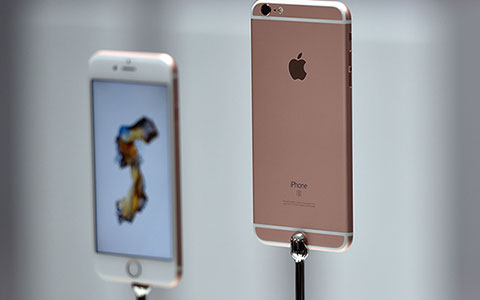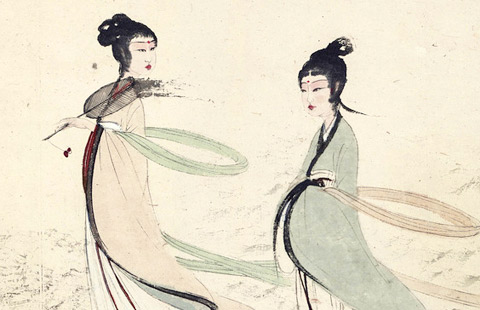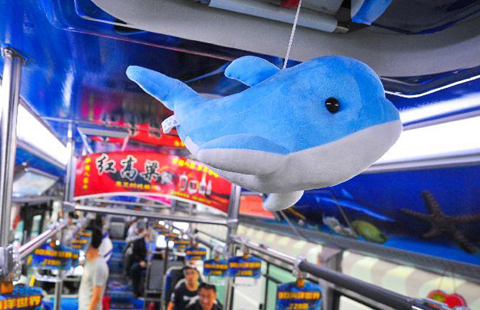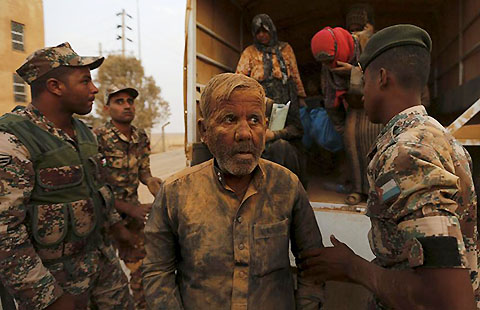Human head transplants not distant, scientist says
Updated: 2015-09-16 09:09
By Zhou Huiying and Wang Xiaodong(China Daily)
|
||||||||
Advanced technology raises a host of ethical issues, including the future identities of patients
It will take at least two years before the first human head transplant surgery in history can take place, but the day is coming, a leading Chinese transplant scientist said on Tuesday."It is impossible to give an exact date as the conditions are not yet ready for clinical trials for the operation," said Ren Xiaoping, a professor at Harbin Medical University in Heilongjiang province, a major participant in the project.
Sergio Canavero, an Italian physician, told Xinhua News Agency at a meeting in Harbin in late August that he will partner with Ren to attempt to transplant a human head onto a new body.
Ren said there were intensive discussions during the meeting, but they did not go into detail about their cooperation on the project.
Head transplant surgery is "one of the most cutting-edge technologies in the medical field and needs the support of a whole team consisting of experts with a range of expertise", Ren said.
The project still faces many challenges, and at least two more years are required for various experiments, even if the project is fully funded and backed up with mature technology and expert teams, Ren said.
The surgery, called Allogeneic Head and Body Reconstruction, transplants a healthy human body, normally donated by a person who is brain dead, to a patient whose head is healthy but whose body is in some way damaged, said Ren.
Successful human head transplant surgery would bring significant changes to humankind, and could save many patients whose bodies are in a critical condition, Ren said.
"If a man with an aging body can replace his body with a young and healthy body, his aging brain will become younger with the new body, meaning longer life for the man," he said.
A Russian computer scientist with muscular dystrophy has agreed to become the first patient for the surgery, Ren said.
Ren, 53, triggered public debate after successfully transplanting the head of one mouse to another mouse's body in 2013.
Li Wei, a transplant surgeon at the General Hospital of Armed Police Forces in Beijing, said successful human head transplants face many technical problems.
The transplant requires the conjunction of neurons, muscles and blood vessels, but the repair of damaged spinal nerves is still an impossible task for the present, he said.
Besides, ethical issues such as the identities of the patients need to be evaluated for human head transplant surgery.
"Who will the person be after receiving the body of another?" he said.
Contact the writers through wangxiaodong@chinadaily.com.cn

 Man tries to sell kidney for iPhone 6s
Man tries to sell kidney for iPhone 6s
 Gems of Chinese painting at Sotheby's HK auction
Gems of Chinese painting at Sotheby's HK auction
 NYFW: Tommy Hilfiger Spring/Summer 2016 collection
NYFW: Tommy Hilfiger Spring/Summer 2016 collection
 Bus decorated with 3D painting goes into service
Bus decorated with 3D painting goes into service
 Top 10 tire companies in the world
Top 10 tire companies in the world Djokovic beats Federer to win second US Open title
Djokovic beats Federer to win second US Open title
 The world in photos: Sept 7-13
The world in photos: Sept 7-13
 Hanging in the air: Workers risk life on a suspension bridge
Hanging in the air: Workers risk life on a suspension bridge
Most Viewed
Editor's Picks

|

|

|

|

|

|
Today's Top News
2015 US-China Climate Leaders Summit kicks off
Bold steps on climate to be unveiled
Parade attendees tell Houston of honor
Boeing plan for finishing center to stir up China market
Illegal margin debts probe won't crash markets: CSRC
Kissinger anticipates promising China-US ties
Germany re-imposes border controls to slow migrant arrivals
Thousands flee California wildfire as homes go up in flames
US Weekly

|

|







